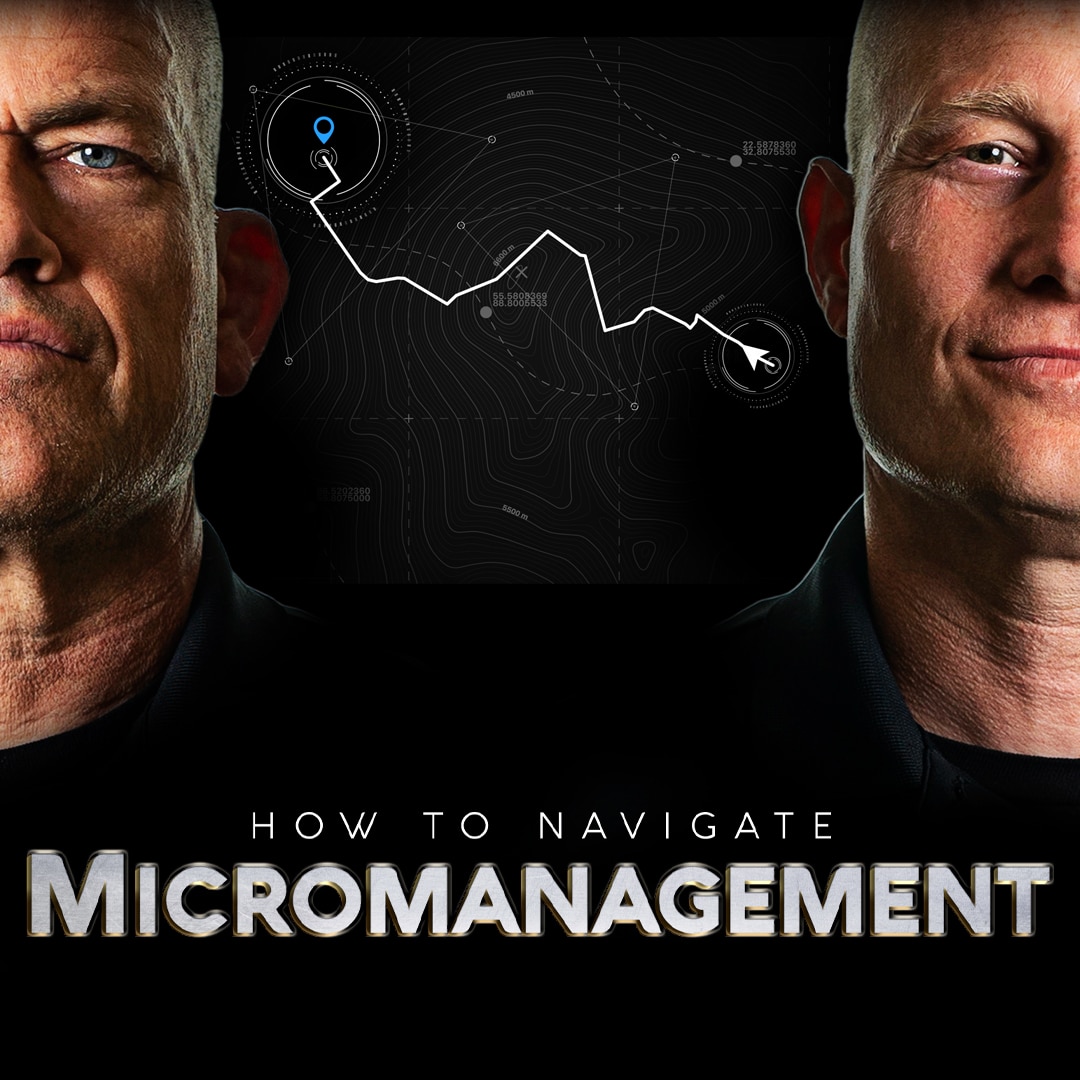Online Leadership Training
Get on-demand leadership training from Echelon Front Instructors. Premium and Free courses are available. Sign up now.
Online Leadership Training
Get on-demand leadership training from Echelon Front Instructors. Premium and Free courses are available. Sign up now.



